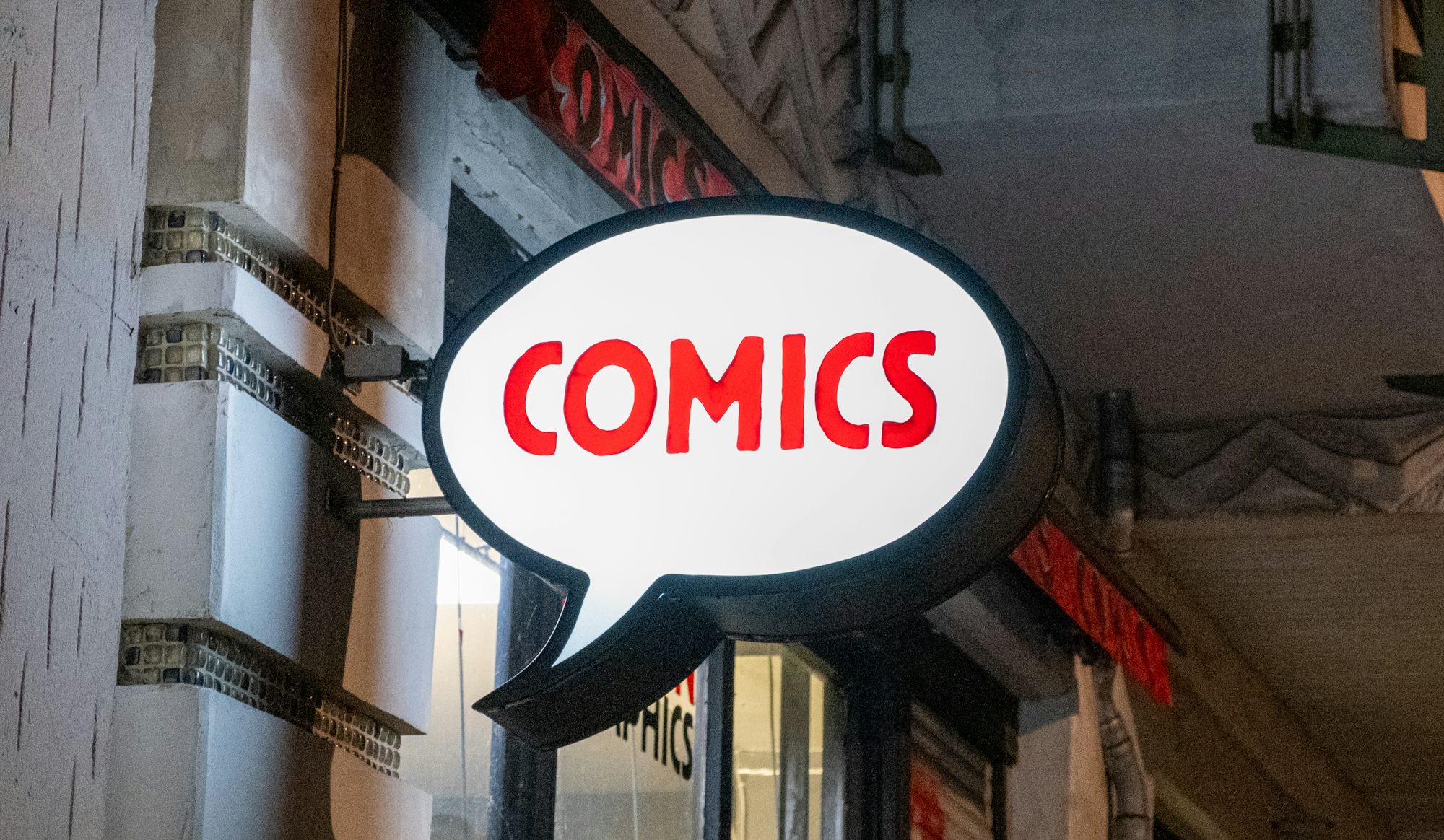The retail industry is at a pivotal moment, characterized by rapid changes driven by technology, consumer preferences, and global challenges. As retailers navigate this evolving landscape, understanding key trends and innovations will be essential for staying competitive. This article examines the most significant developments in retail, focusing on how businesses can adapt and thrive in a fast-paced environment.
One of the foremost trends influencing retail is the acceleration of e-commerce. With more consumers opting for online shopping, retailers are investing heavily in their digital platforms. This shift has led to an increase in personalized online shopping experiences, where algorithms analyze customer behavior to suggest tailored products. Retailers are also enhancing their websites and apps with user-friendly interfaces, faster loading times, and comprehensive product information to ensure a seamless shopping experience.
Moreover, the rise of mobile commerce has transformed the retail landscape. As smartphones become ubiquitous, retailers are prioritizing mobile optimization. Features like mobile payment options, QR codes, and location-based services allow consumers to shop conveniently from their devices. Retailers are increasingly implementing strategies that leverage mobile technology to engage customers and drive sales.
Physical stores are also evolving in response to changing consumer behaviors. Many retailers are reimagining brick-and-mortar spaces to focus on experience rather than just transactions. This trend has led to the emergence of experiential retail, where stores become destinations for unique experiences. For instance, brands are hosting workshops, product demonstrations, and community events that encourage customer interaction and foster a sense of community. By creating memorable experiences, retailers can differentiate themselves and build stronger connections with their customers.
Sustainability has become a crucial factor for consumers when choosing brands. As environmental awareness grows, shoppers are increasingly seeking products that align with their values. Retailers are responding by adopting sustainable practices, from sourcing materials ethically to implementing eco-friendly packaging solutions. Many companies are now transparently sharing their sustainability efforts, which helps to build trust and loyalty among environmentally conscious consumers. Brands that successfully integrate sustainability into their operations are likely to attract a dedicated customer base.
Another important trend is the emphasis on inclusivity in retail. Consumers are demanding representation across various demographics, including gender, body type, and ethnicity. Retailers are expanding their product ranges to cater to diverse audiences, offering a wider variety of sizes, styles, and options. By embracing inclusivity, brands can create a more welcoming environment for all customers, which can enhance brand loyalty and community engagement.
Social media continues to play a significant role in shaping retail strategies. Platforms like Instagram, TikTok, and Facebook allow brands to connect with their audiences in real-time. Retailers are leveraging social media for marketing, product launches, and customer engagement. Influencer partnerships have become a popular tactic, as brands collaborate with influencers to reach specific demographics authentically. These collaborations not only drive sales but also help build brand credibility and awareness.
Additionally, the integration of technology into retail operations is transforming how businesses engage with customers. Artificial intelligence (AI) and machine learning are being utilized to analyze consumer data, optimize inventory management, and enhance customer service. Chatbots and virtual assistants are becoming common tools for providing real-time support, answering questions, and guiding customers through their shopping journeys. These technological advancements streamline operations and enhance the overall customer experience.
The rise of subscription-based models has also gained traction in the retail sector. Consumers are increasingly drawn to subscription services that offer curated products delivered regularly. This model allows retailers to build a loyal customer base while providing convenience and personalization. Subscription boxes can range from beauty products to gourmet foods, catering to a wide array of interests. By offering tailored experiences, retailers can foster a sense of anticipation and excitement among subscribers.
Localism is a growing movement that emphasizes supporting local businesses and communities. As consumers become more conscious of the impact of their purchases, many are seeking out local retailers that offer unique products and authentic experiences. Retailers that highlight their local connections and source products from nearby artisans can create a sense of community and connection. This trend not only benefits consumers seeking authenticity but also helps stimulate local economies.
As we look ahead, it is clear that adaptability will be key for retailers striving for success in an ever-changing market. Those who can embrace innovation, prioritize customer engagement, and align their practices with evolving consumer values will be better positioned to thrive. The future of retail lies in building meaningful connections with customers while continually evolving to meet their needs.
In conclusion, the retail industry is undergoing a significant transformation influenced by technology, sustainability, and changing consumer behaviors. Retailers that leverage e-commerce, create immersive experiences, and prioritize inclusivity and sustainability will be well-equipped to navigate the challenges ahead. By staying attuned to emerging trends and embracing innovation, retailers can ensure their long-term success in a dynamic marketplace.





